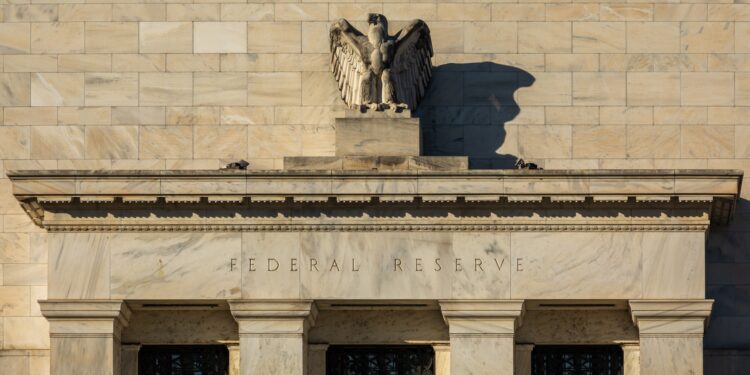The Federal Reserve yesterday released the Beige Book, a quarterly collection of survey responses from businesses in the 12 regional Federal Banks. The book’s findings pinpointed a wide range of businesses that are suffering because of election uncertainty.
According to the Federal Reserve, the Beige Book states that the Nation’s Overall Economic Activity “was little changed in nearly all Districts since early September, though two Districts reported modest growth. Most Districts reported declining manufacturing activity. Activity in the banking sector was generally steady to up slightly, and loan demand was mixed, with some Districts noting an improvement in the outlook due to the decline in interest rates.”
“Reports on consumer spending were mixed, with some Districts noting shifts in the composition of purchases, mostly toward less expensive alternatives. Housing market activity has generally held up: inventory continued to expand in much of the nation, and home values largely held steady or rose slightly. Still, uncertainty about the path of mortgage rates kept some buyers on the sidelines, and the lack of affordable housing remained a persistent problem in many communities.”
“Commercial real estate markets were generally flat, although data center and infrastructure projects boosted activity in a few Districts. The short-lived dockworkers strike caused only minor temporary disruptions. Hurricane damage impacted crops and prompted pauses in business activity and tourism in the Southeast. Agricultural activity was flat to down modestly, with some crop prices remaining unprofitably low. Energy activity was also unchanged or down modestly, and lower energy prices reportedly compressed producers’ margins. Despite elevated uncertainty, contacts were somewhat more optimistic about the longer-term outlook.”
Anxiety about the election has frozen business decisions from both large and small companies. Experts predict that this could negatively impact the US economy as a whole. The Federal Reserve survey says businesses “postponed,” “scaled down,” “delayed indefinitely,” or “permanently cancelled” their short-term and long-term investment plans due to uncertainty regarding November 5.
In the Fed’s Beige Book, manufacturing firms “were planning to wait until after the general election to undertake construction projects.” Meanwhile, textile manufacturers “expected tepid demand because customers were buying cautiously until the new year due to the ‘usual nervous period’ ahead of elections.”
Nonprofit organizations said they were also suffering as “economic and election uncertainty has led to hesitancy to give among some donors.”
By CEO NA Editorial Staff












